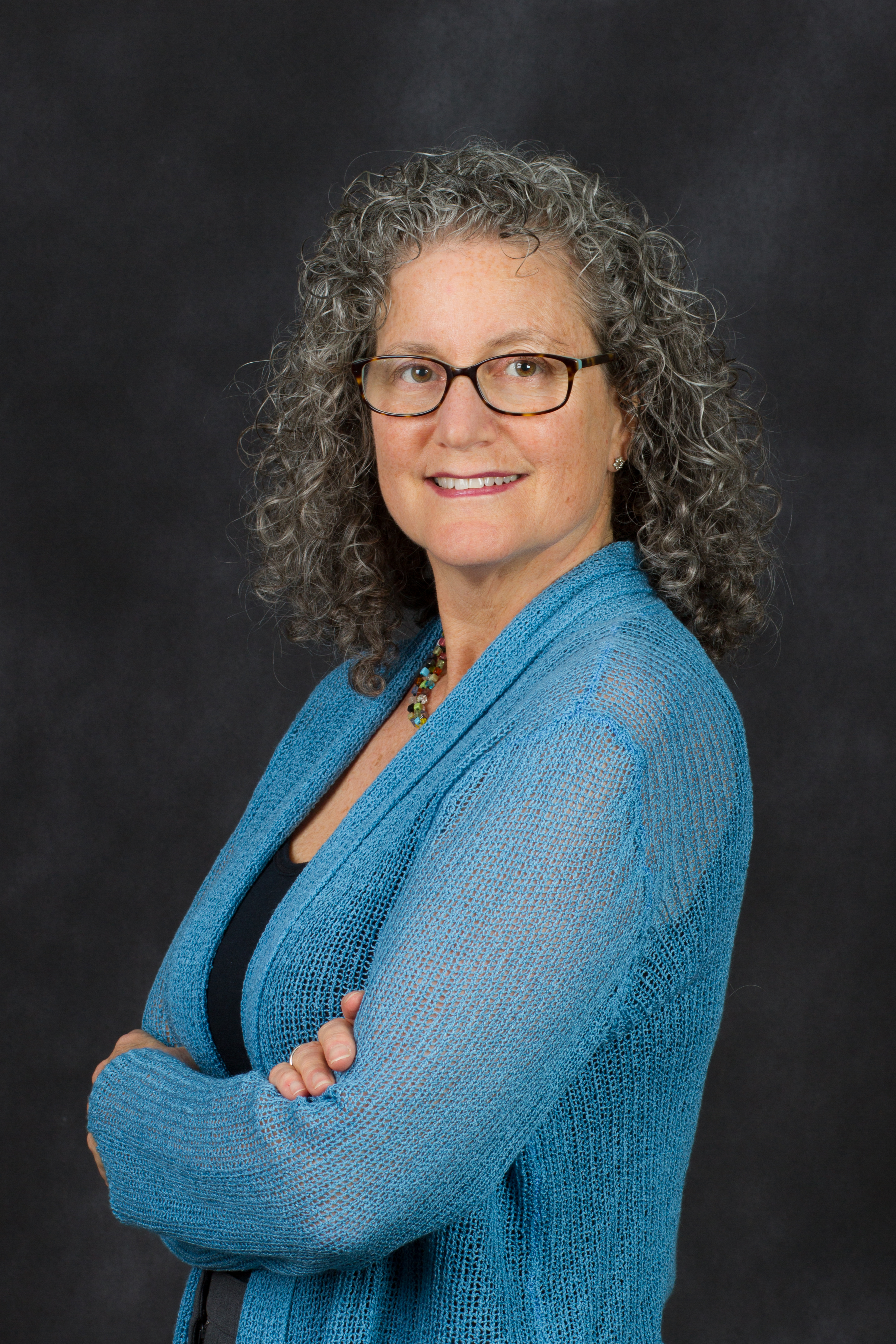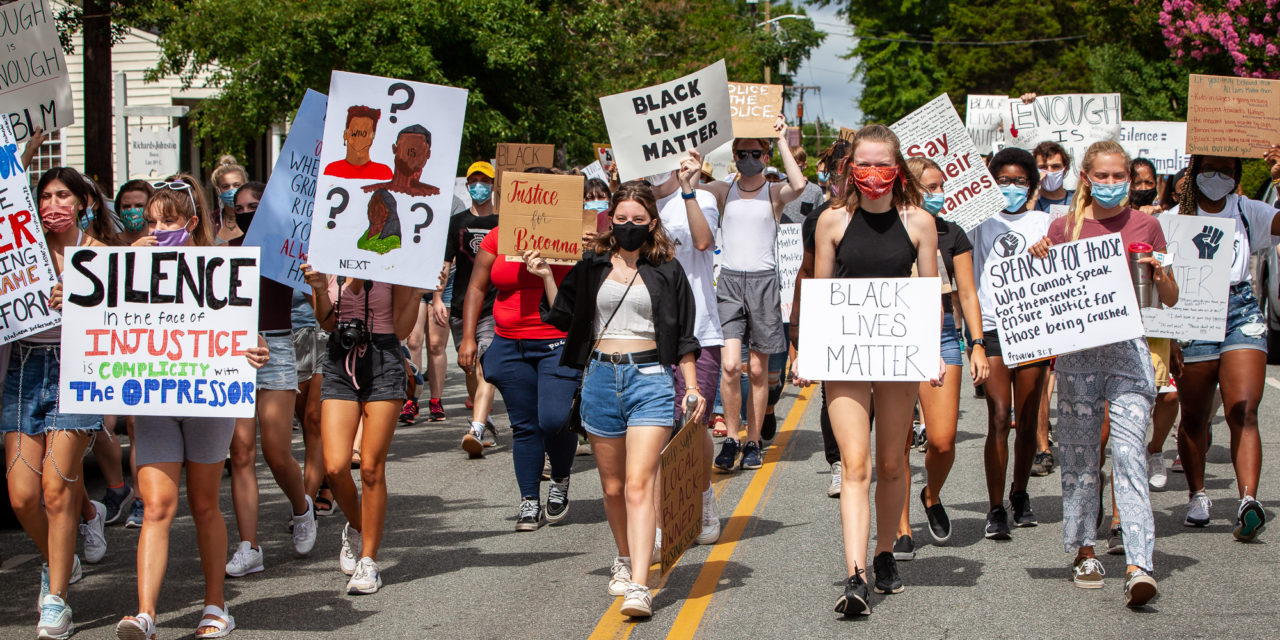As SCOTUS continues to make very unpopular decisions about how America moves forward, we are bound to see more and more protests. I have taken part in many peaceful protests dating back to the 1970’s. March for Women’s Lives, Anti Nuclear Weapons March, a sit-in my freshman year of college to protest a large tuition increase, (found myself in the back of a police car that time), LGBTQ March in DC, 2017 Women’s March (also DC), and more recently Moral Mondays in Raleigh. Peaceful protesting is a part of American History, protected under the First Amendment. Since the Boston Tea Party – 1773, the protest has been used to voice displeasure, and to draw attention to an injustice.
According to the ACLU, protesters have the right to protest on streets, sidewalks and parks in addition to other public property such as a plaza and government buildings. Private property owners can set their own rules and the government may not restrict your speech if it is taking place on your own property. Counter protesters also have free speech rights, even if you disagree with their message. Protesters do not need a permit to march in the street or sidewalk as long as marchers are not obstructing car or pedestrian traffic. If the protest plans to block traffic, or close a street off, it is best to pull a permit in advance, however, police can not use the lack of a permit to prevent a protest in response to breaking news events. A permit cannot be denied because the event is controversial or will express unpopular views such as the Skokie Case in 1978. Constitutional rights belong to every American and can not be violated even if the group protesting represents hate and bigotry.
I was in college during the Skokie Case, and as an American Jewish person I could not for the life of me understand how a Jewish attorney for the ACLU could represent the free speech rights of a Nazi organization. Skokie’s population was over 50% Jewish at the time and home to hundreds of Holocaust survivors. According to the leader of the demonstration there were 25-30 party members that would be demonstrating in front of the Skokie Village Hall, all appearing in Nazi uniforms with swastika armbands, carrying signs that read “Free Speech for White People.” Sound familiar? Fast forward Charlottesville, “Unite the Right” rally. A city spokeswoman explained how the alt-right rally was allowed to go forward in its original location:
“The City agreed to issue the applicant for the ‘Unite the Right’ rally a permit for McIntire Park rather than Emancipation Park. The applicant chose to file a lawsuit to go to Emancipation instead. The judge issued an injunction late Friday ordering the City to allow the event to take place in Emancipation Park. This quick turnaround, and the court order, meant that a formal permit for the event was not issued. The City did comply with the court’s direction.”
We all remember watching this hate filled deadly demonstration play out on TV. Interestingly enough the counter protesters did have permits to occupy two parks nearby the Emancipation Park site to be used as lawful assembly spots for counter demonstrators.
The First Amendment protects your right to assemble and express your views through protest. Free speech can not be restricted based on the content of the speech. The First Amendment does not prevent criminal prosecution for violent acts, individually or as part of a mob. Violence is a crime. The First Amendment does not protect speech that is directed to inciting or producing imminent lawless actions. Government at any level can only infringe on our First Amendment rights by proving a need, e.g. a threat to public safety. There is a balance between public safety and denying First Amendment rights. We all need to understand and demand that authorities don’t abuse this in order to protect our free speech.
 Penny and her family moved to Chapel Hill in 1998. She soon joined the Town of Chapel Hill’s Telecommunications and Technology advisory board and was appointed by the town to the OWASA board of directors where she served 6 years and held the Vice Chair position. In 2009 she ran and was elected to the town council in Chapel Hill, and in 2012 ran and was elected to the BOCC where she served 8 years, the last two as chair of the board. Penny owns and operates a personal chef and catering company and has been published in Cary Magazine, Gourmet Magazine, INDY Week, Southern Neighbor and News14. She lives in Carrboro with her mom Jersey Jacky. You can find her on Twitter and Instagram
Penny and her family moved to Chapel Hill in 1998. She soon joined the Town of Chapel Hill’s Telecommunications and Technology advisory board and was appointed by the town to the OWASA board of directors where she served 6 years and held the Vice Chair position. In 2009 she ran and was elected to the town council in Chapel Hill, and in 2012 ran and was elected to the BOCC where she served 8 years, the last two as chair of the board. Penny owns and operates a personal chef and catering company and has been published in Cary Magazine, Gourmet Magazine, INDY Week, Southern Neighbor and News14. She lives in Carrboro with her mom Jersey Jacky. You can find her on Twitter and Instagram
Chapelboro.com does not charge subscription fees, and you can directly support our efforts in local journalism here. Want more of what you see on Chapelboro? Let us bring free local news and community information to you by signing up for our biweekly newsletter.


